The Tokyo Olympics will happen later this month amid a state of emergency.
The Japanese government on Thursday proposed a plan to re-institute strict measures to counter COVID-19 surges in the capital. ecco shoes The measures will take effect next week, and last the duration of the Games, according to widespread media reports.
And they will likely lead Olympic organizers to reconsider their decision to allow local fans to attend events. The Asahi Shimbun reported that venues in and around Tokyo would be “completely unattended.” An announcement on fans is reportedly expected Friday at the latest.
Prime minister Yoshihide Suga vowed to “do everything we can to prevent the further spread of the infections.” One day later, he has reportedly decided to declare the state of emergency, which will extend through Aug. 22, two weeks after the Olympics end.
Organizers have said, though, that the Games can and will go on in a state of emergency.
The state of COVID in Tokyo
Tokyo’s seven-day COVID-case average had fallen in late May and early June, to fewer than 400 cases per day in a city of billions. The decline led government officials to peel back their previous state of emergency, and eased any lingering fears in the Olympic world that the golden goose sneakers Games might be postponed again or canceled.
That seven-day average, however, has been slowly but steadily climbing since June 18, two days before the previous state of emergency was lifted. Some targeted restrictions remained in place, leaving some sectors of public life under a quasi-state of emergency. But the virus lingered, and over the past 10 days showed signs of accelerating. The test positivity rate rose from under 4% in mid-June to over 6% this week. Hospitalizations are also rising.
Transmission rates remain far lower than they ever were at the pandemic’s peak in the U.S. But with most Japanese still unvaccinated — less than 30% has received at least one dose — officials and citizens have been wary of exponential spread, and of the possibility that the Olympics could contribute to it.
The Olympics’ plan for COVID
Olympic organizers have outlined and plan to enforce a complex web of COVID countermeasures that will limit contact between Olympic participants and non-participant Japanese citizens. The measures won’t completely eliminate that contact, but all “Level 1” participants — athletes, coaches, team officials and more — will be tested daily. Testing frequency for others will depend on how often they interact with Level 1 participants. The testing will greatly limit spread in and around the Olympic bubble.
The Japanese concerns, though, extend beyond that bubble. One is that the Games would lead to dense gatherings of local citizens. Organizers have barred foreign fans from traveling to Tokyo, but in late June, one day after the previous state of emergency was lifted, announced that venues would open to Japanese spectators at 50% skechers outlet capacity, up to 10,000 per event.
In doing so, organizers defied the advice of Omi, the government medical advisor, who had recommended a ban on all spectators and warned of “continuing risks of a resurgence of the infections that puts pressure on [Japan’s] medical systems.”
In announcing the decision, though, organizers left leeway for reconsideration. “In the event that a state of emergency or other priority measures aimed at preventing infection are implemented at any time after July 12,” they said, “restrictions on spectator numbers at the Games, including non-spectator competitions, will be based on the content of the state of emergency or other relevant measures in force at that time.”
In light of the impending reinstitution of emergency measures, some reports have suggested that all fans will be barred from events, but that sponsors and other stakeholders may still be allowed to attend. On Monday, the Tokyo 2020 Organizing Committee push a ticket lottery back from Tuesday, July 6 to Saturday, July 10.
International Olympic Committee president Thomas Bach is set to arrive in Tokyo on Thursday. He and others will meet with local organizers Friday, and will reportedly make a final decision on spectators then.







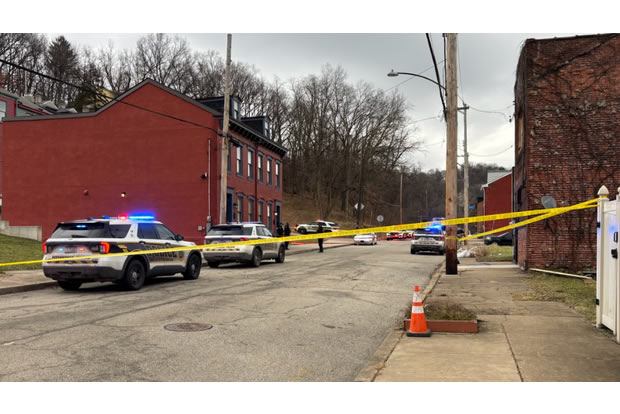


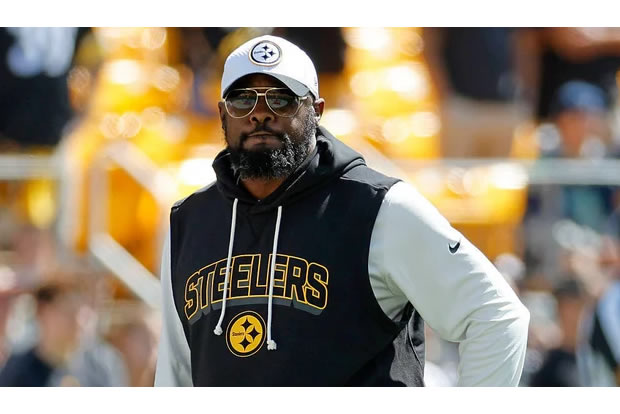

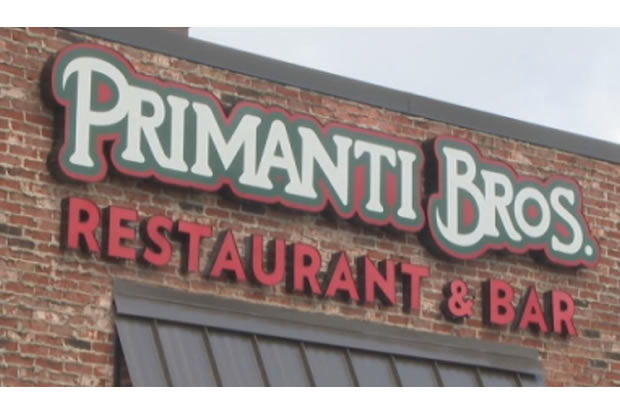
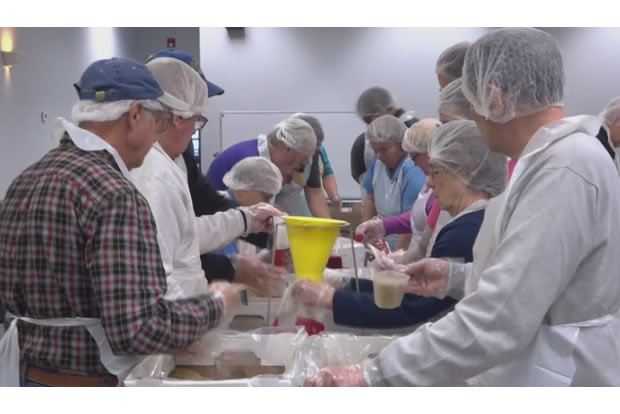
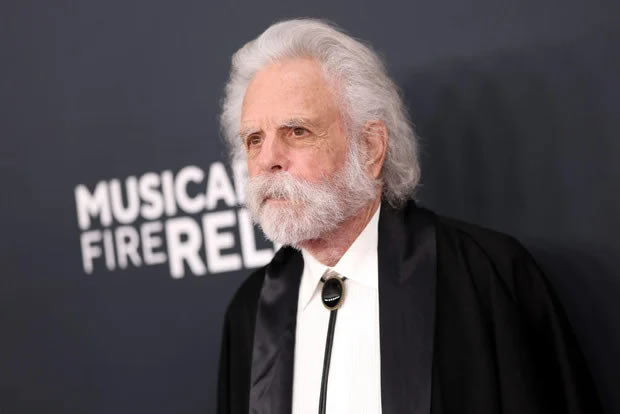
+ There are no comments
Add yours